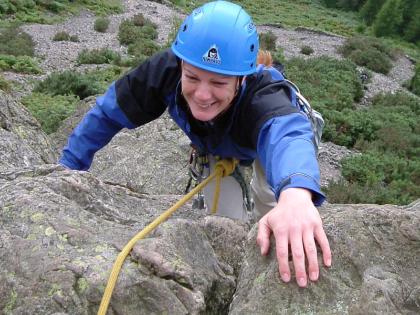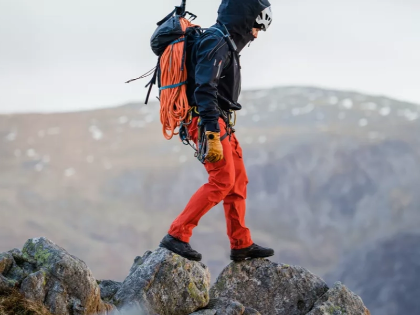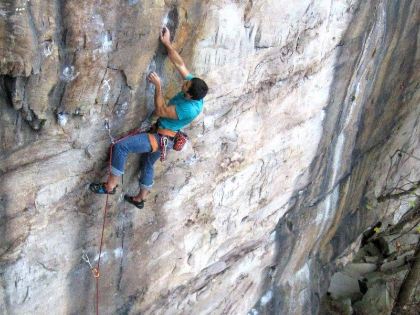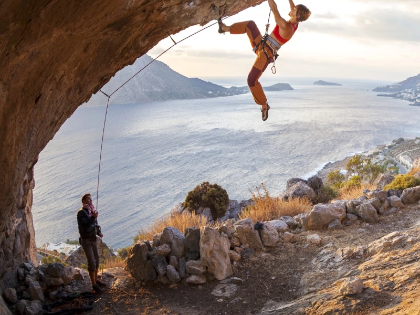But why is mountaineering popular with people? Why does it appeal so much to a diverse set of people with varying personalities and backgrounds?
It is a difficulty.

A physical challenge like mountain climbing encourages people to step beyond their comfort zones. Reaching the summit of a peak also makes them feel accomplished. Their sense of accomplishment may give them a boost in self-assurance and empowerment.
Climbers are frequently viewed as heroic, and it makes sense. Few people can match their willingness to put their lives in danger in order to complete a difficult climb. Additionally, they frequently reside in areas with beautiful natural scenery and wildlife, which helps them feel a connection to the natural world.
The ability to take things one step at a time is one of the best lessons that climbing can provide. Given that it can assist you in reaching your objectives in other spheres of your life, this can serve as a valuable life lesson. It can also help you learn to trust your teammates and to be more patient.
I like it.

A difficult sport like mountaineering demands perseverance, skill, and the capacity to overcome challenges. It also imparts to you the value of perseverance, which you can use in other spheres of your life.
Climbing mountains may be a fulfilling sport that restores your sense of life. Additionally, it might support the development of your confidence and sense of independence. You might even gain a deeper appreciation for nature and its forces through it. Furthermore, mountaineering has the power to create enduring bonds.
Because mountaineering is an enjoyable way to get outside and exercise, many people enjoy it. Meeting new individuals can also be a major benefit of it. You can meet new people and share your love of the outdoors with those who share your enthusiasm by participating in team climbing. It can also lower your stress levels because it will compel you to give attention to your physical and mental health. In the stressful society we live in, this is very helpful.
It's a journey.

Mountaineering gives you the chance to travel to parts of the world that most people never get to see. It's also an adventure in independence and conquering obstacles. The alpine climate is hazardous, and seemingly insignificant choices—like packing too much or too little equipment—can have a significant influence on one's success or failure.
In order to minimize the amount of gear they must carry up the mountain and improve their chances of reaching the summit, many mountain climbers employ porters. They also practice rapid descent tactics and leave fixed ropes to facilitate the next time they take the same path up.
Certain mountaineers concentrate on accomplishing particular goals, such as reaching the Seven Summits or all 14 in Colorado. But the mountains don't give a damn about these lists. It's about what you can accomplish as a team with your group. And that's a tremendous accomplishment. For those who enjoy it, climbing is a spiritual experience in addition to being a strenuous physical sport.
It is a spiritual encounter.

Because mountaineering is a lifelong commitment that entails long-distance travel, specific preparations, money, and physical risk, it is more significant than most sports. It also necessitates a high degree of confidence and independence. Even in matters of life and death, small choices can make all the difference between success and failure.
The summits of the mountains are not just beautiful to humanity; they are enormous, majestic natural powers. They do not, however, exude a superstitious or religious air.
For many people, mountaineering is a spiritual experience in addition to the physical difficulties. It provides them with a sense of direction and helps them concentrate on what matters most in life. Additionally, it inspires them to have a beneficial influence on the environment. This is especially pertinent in view of the ongoing discussion about climate change. A stronger sense of responsibility for humanity's destiny on Earth is inspired by the mountain summits.
Advertisement
Recommended Reading: Is bicycling a whole-body exercise?


























Comments
Leave a Comment
Your email address will not be published. Required fields are marked *